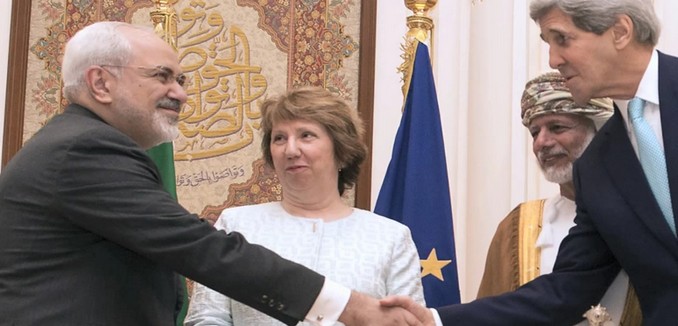For an op-ed in today’s Wall Street Journal (Google link), Bret Stephens interviewed Mark Dubowitz, the executive director of the Foundation for Defense of Democracies, on Iran’s strategy for evading the consequences of violating its nuclear agreements. After listing many of the technical details that need to be addressed by a future agreement, Stephens writes:
As for Iran, a deal with one hundred moving parts also serves it well. “The Iranians will cheat the way they always cheat, which is incrementally, not dramatically,” notes sanctions expert Mark Dubowitz of the Foundation for Defense of Democracies. “Sooner or later, we’ll spot a potential violation and get into a debate about forensics: Are the Iranians complying or not? This will eat up time before we even get to the political debate over what to do about it.”
That’s been the Iranian M.O. ever since their covert nuclear program was first exposed in 2002. We’ve been negotiating their noncompliance ever since. Why should a regime that has paid no price for dishonesty suddenly discover the virtues of honesty in a post-deal world?
In fact, what Stephens describes applies to Iran’s behavior, not just with last year’s Joint Plan of Action (JPA) or any potential future agreement, but with previous agreements too. Iran has a long record of ignoring elements of agreements that it deems inconvenient.
For example, in How a Weak Iran Deal Makes All of Us Less Safe and War More Likely, which was published in the January 2014 issue of The Tower Magazine, Emanuele Ottolenghi addressed the argument that an attack on Iran’s nuclear infrastructure would prompt Iran to abandon the Nuclear Non-Proliferation Treaty (NPT).
The same goes with the claim that Iran would abandon the NPT—after all, Iran has not exactly shown itself inclined to honor its obligations, using them as a shield and a pretext rather than a constraint. Similar to the sanctions easing, the interim deal has fatally undermined the NPT by watering down Iran’s compliance obligations, undercutting the IAEA’s authority in matters of verification, and ignoring the military dimensions of the program documented by the Agency, which are all at the heart of the dispute. In fact, if a final agreement were to emerge that fails to address the flaws present in the interim deal, including continued enrichment work, Iran would be able to break out under the cover of the NPT. There would be little to lose if the destruction of Iran’s nuclear capabilities had such side-effect.
In fact, it is Iran’s blatant violations of it NPT commitments that led to six United Nations Security Council resolutions and the consequent imposition of sanctions against its nuclear and military programs. The relaxing of sanctions agreed to in the JPA meant that Iran received relief from its internationally dictated punishment without coming into compliance with its obligations.
[Photo: WochitGeneralNews / YouTube ]




